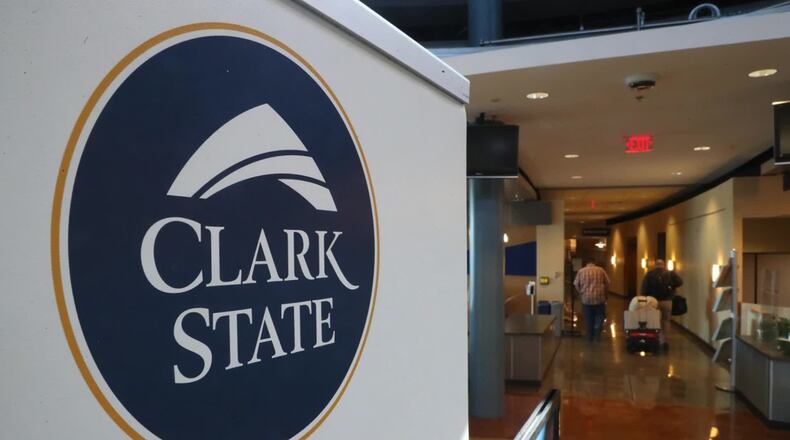“The course educates individuals on the physiology and pharmacology of psychoactive substances, both legal and illegal,” Carin Burr, health technologies professor, said. “We learn the neurophysiology components of why addiction is medically considered a disease and that having the disease is not a choice, but finding recovery is a choice.”
The information that will be taught in the course has been used by other law enforcement officers who had taken the course as a requirement for the Criminal Justice associate degree program at the college.
“This training course is a focused version of a course that has existed in the Social Services curriculum here for many years,” Burr said. “Former students have told me that it helps them see addicts as human beings that can often benefit from treatment.”
Fairborn Police Chief Terry Bennington said he felt it was important for the officers participating on their Quick Response Team and dealing with dependency issues. He said the goal is for them to have a better understanding of the issues surrounding chemical dependency and able to better serve that part of the community.
“Our role in the past had primarily been enforcement and this was a new area for the officers,” he said. “The idea of officers having chemical dependency training was brought up in some of the initial meetings and Clark State was mentioned as a possible partner.”
The course isn’t specific to officers and anyone can benefit from taking the training, Burr said. There is a certificate of completion awarded for the course and it will continue as long as there are interested participants.
About the Author

